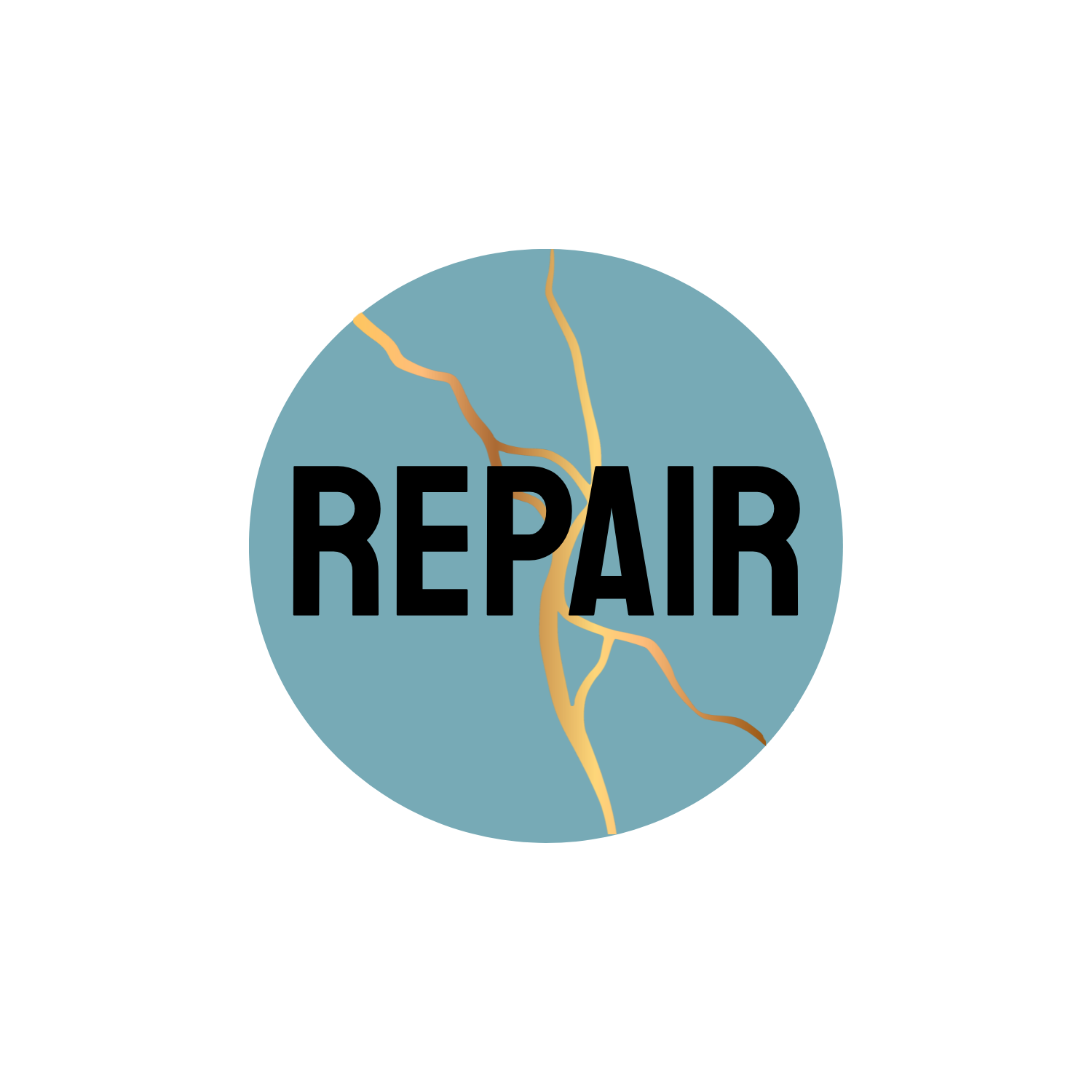Waymakers is an initiative engaging faith communities, leaders, and individuals to help heal divides, build peace, and cultivate connection.
Who we are:
Chad Ford, co-founder & Co-Director of Waymakers, is an internationally recognized conflict mediator, peacebuilder, and educator. After directing the David O. McKay Center for Intercultural Understanding at BYU–Hawaii for nearly two decades, he joined the faculty at Utah State University in 2024. Chad now holds a joint appointment in the Religious Studies Department and the Heravi Peace Institute, where he teaches courses in Religion, Violence and Peace; Bridging Religious Differences; Introduction to Peacebuilding; and Transformative Mediation. His global conflict transformation work, along with his books Dangerous Love and 70×7, reflect his commitment to helping individuals and communities cultivate courage, compassion, and repair.
Patrick Mason, co-founder & Co-Director of Waymakers, is the Leonard J. Arrington Chair of Mormon History and Culture and Dean of Arts and Humanities at Utah State University. A leading scholar in American religious history, Patrick focuses on how faith, doubt, and belonging shape individuals and societies. His work brings clarity and nuance to the complexities of religious identity and transition, grounding difficult conversations in data, history, and deep empathy. Patrick’s research, writing, and public scholarship consistently help communities find steadier footing amid change.
Katie Searle, Assistant Director of Waymakers, is devoted to creating spaces of repair, connection, and courageous conversation. Her work spans grant writing and event planning for nonprofits, community organizations, and interfaith initiatives. Drawing from personal experience and professional mediation training, Katie brings a steady, compassionate presence to some of the most tender human moments, helping people gather together to gain tools for repair, and to rediscover courage, clarity, and connection.
Waymakers helps those struggling to make a way out of no way, and helps those in conflict find their way back home.
Waymakers’ Core Values
We believe constructive conflict is sacred transformation. Conflict is a sacred space—dynamic, relational, and full of possibility. In that space, there is no “me” or “them,” only “we.”
Nonviolence is our foundation. We practice nonviolence not just as a strategy, but as a way of being—centered in dignity, discipline, and the belief that every person has inherent worth, even in the midst of disagreement.
Reconciliation requires both inner change and practical skill. It calls for honest reflection, deep listening, and the skillful tools to navigate conflict with clarity and care.
Peacemaking begins in everyday life. We empower individuals to be peacemakers in their homes, workplaces, congregations, communities, and civic life.
Waymakers training and repair tools are rooted in the legacy of courageous peacemakers. We draw inspiration from Jesus and other spiritual traditions and movements that teach us to meet conflict with compassion, truth, and moral courage.
What we do:
There is a lack of accessible, skill-based, relational frameworks for everyday shapers of peace: in homes, workplaces, congregations, and communities. By providing concrete tools rooted in relational integrity and moral courage, we help fill that gap.
Rooted in the legacy of courageous peacemakers, we offer:
Trainings
Workshops
Events
Video series (Where Peace Begins)
Podcast (Proclaim Peace)
Weekly Newsletter (Waymakers’ Substack)
Ongoing Resources
Trainings & Workshops: We equip individuals—mediators, social workers, faith leaders, organizational staff—with conflict coaching, mediation, facilitation tools.
Events: Through our “REPAIR” intensive workshops and gatherings of world-class peacemakers, we help participants navigate deep relational and communal conflicts.
Content & Resources: Weekly newsletter, podcast (“Proclaim Peace”), and other tools offer ongoing support in developing relational/peacemaking skills.
Community Engagement & Partnerships: We collaborate with congregations, nonprofits, civic groups to bring training and tools into everyday life.
Repair 2025
REPAIR brought together world-class peacemakers from across the globe—raising the bar for relational skill-development.
Our inaugural event was October 23-25, 2025 in Provo, Utah and featured incredible peacemakers including Jim Ferrell, Jennifer Finlayson-Fife, Thomas McConkie, Jennifer Walker Thomas, Emma Addams, Patrick Mason, Chad Ford, Desmond Lomax, LaShawn Williams and more.
I had the honor of helping put on the Waymakers’ inaugural REPAIR event. There’s a special kind of satisfaction that comes from seeing something move from an idea on a Zoom call to a living, breathing experience—culminating in a reverent gratitude that comes with being behind-the-scenes, having the full, sweeping view of every single person who quietly makes it happen.
Here’s what I saw, from behind-the-scenes.
Up Next…
Interfaith REPAIR, March 6, 2026.
Interfaith REPAIR is a one-day gathering where participants from across faith traditions come together to explore how conflict is navigated and peace is practiced, taught, and embodied in different spiritual lineages, and how those tools can help us navigate conflict in an increasingly fractured world.


